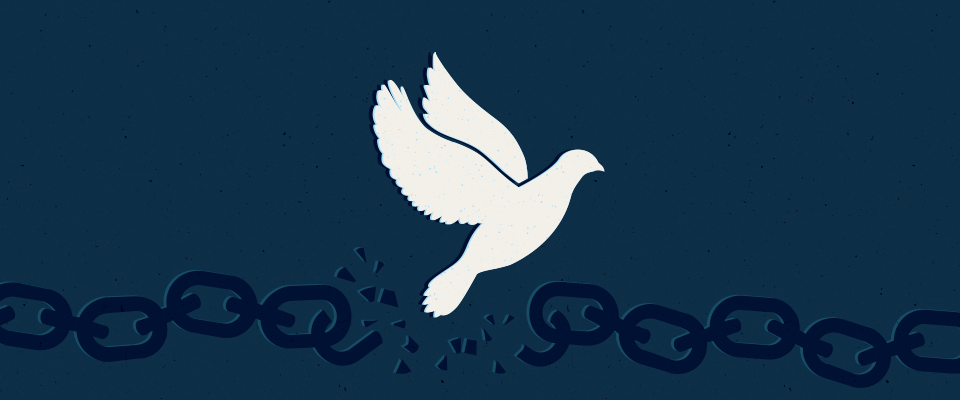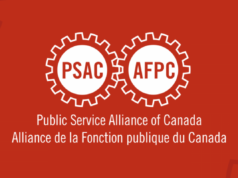For more than 200 years, enslavement of Black and Indigenous people was considered the norm and even an economic necessity in the British Empire, including in Canada.
In 1796, Dimbo Suckles, an enslaved Black man in Prince Edward Island, was freed, but only if he continued to work with no compensation for seven more years.
In 1800, an enslaved woman known only as Nancy took her owner to the New Brunswick Supreme Court to sue for her freedom. Unsurprisingly, the court sided with her enslaver.
In 1807, a bill was introduced in the British Parliament that would lead to the eventual – but partial – abolition of slavery. Then, on August 1, 1834, the Slavery Abolition Act (the Act) was passed, which freed more than 800,000 Black people in Britain’s overseas colonies, including what was to become Canada. However, the Act only provided for ‘partial liberation’.
Children under the age of six were emancipated, while others were retained as ‘apprentices’ by enslavers for four to six years. Following this, the Slavery Compensation Act was adopted in 1837 to compensate enslavers for what was unjustly viewed as their loss, while those who had been enslaved received no compensation. Even more appalling, was that these compensations continued until 2015. Even with a legislative end to slavery, injustice continues.
This is a day to revisit the false narrative of Canada as a safe haven for enslaved people. Slavery was practiced in Canada, including the enslavement of Indigenous peoples. For instance, in New France, the first form of slavery commonly practiced was the enslavement of Indigenous peoples.
On Emancipation Day, we recognize the struggle for freedom led by enslaved people, the consequences of inter-generational trauma that followed, and the link between slavery and systemic discrimination today. Discrimination in hiring practices, wage gaps, microaggressions, and other inequities continue to be the reality for many Indigenous and Black workers.
It is our responsibility to educate ourselves on the impacts of slavery, and its continued influence in Canada.
As a union, we must make meaningful efforts to better represent the interests of our members in their workplaces. For PSAC it means reflecting on our ongoing fight for action and justice to combat anti-Black racism, and work towards reconciliation with Indigenous communities.
PSAC supports calls for reparations for descendants of enslaved people in Canada. Acknowledgment, restitution, and compensation for harm suffered because of the transatlantic slave trade is a requirement to move towards justice.
Ways to get engaged and take action
Discover Rosemary Sadlier who led the efforts to get Black History Month and Emancipation Day recognized in Canada.
Explore PSAC’s anti-racism resources.
View PSAC’s anti-racism employment equity toolkit for members
Discover the contributions of Black workers in building Canada’s economy and in pushing the labour movement to where it is today.
Learn more about the class action lawsuit filed on behalf of Black federal employees seeking to address systemic racism and discrimination in the Public Service of Canada.
Lobby your local elected officials to have Emancipation Day recognized in your area.
Use this resource to research if your family benefitted from enslavement.
Join a PSAC Human Rights Committee near you.
This article was first posted on the PSAC website.





